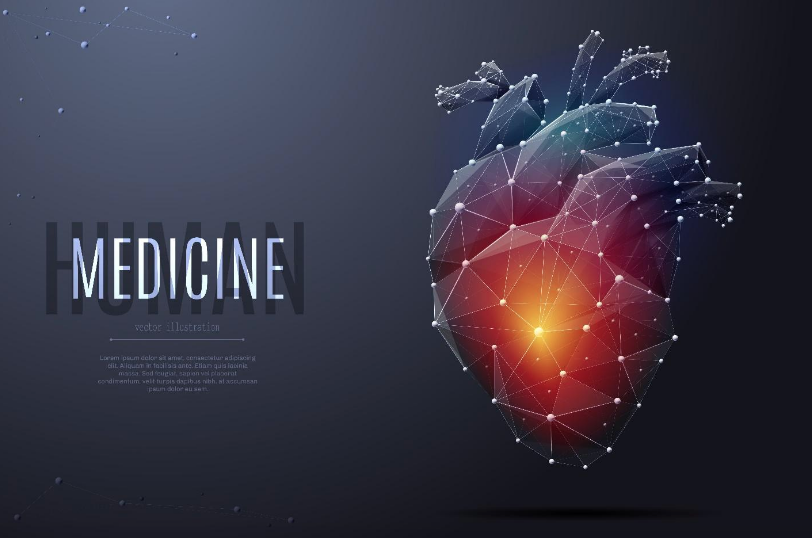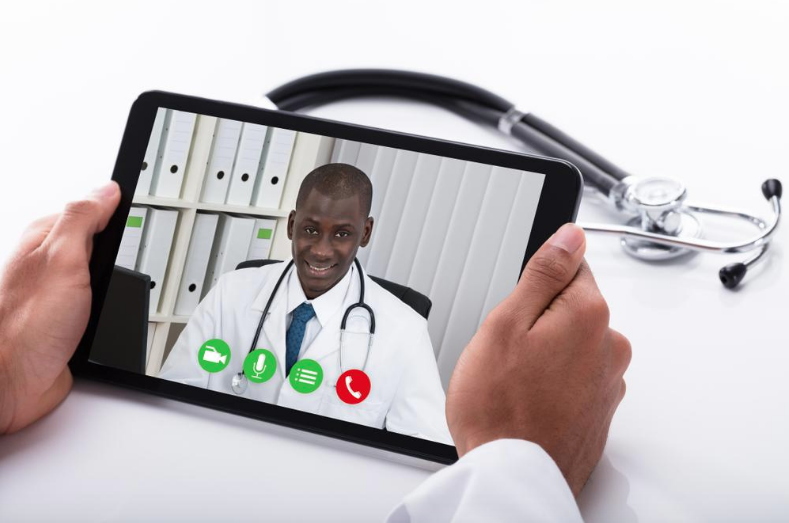By Elaine E.
Healthcare is among the basic needs of humans without which all sectors of human life would be affected. Better, improved healthcare pushes a country forward in terms of economy and productivity. Dubai has one of the fastest growing healthcare systems in the world. Effective laws and regulations ensure that only certified professional doctors and nurses are in operation. Doctors use a variety of ways to perform diagnosis and treatment; for example, many hospitals and health centers use technology for cancer screening and therapy. Some doctors and hospitals even use medical records scanning to ensure patient files are kept safe and secure. It’s fair to say that technology is certainly benefiting healthcare practises all over the world.
With constant inventions in the healthcare sector, the future of medical treatment is expected to be even more effective.

Advancement in Healthcare
Technology has enabled doctors to make an accurate diagnosis and effective treatment. Patients don’t have to travel to other countries to seek treatment because technology is simply available in their countries.
Technology Revolution
- Doctors can conduct diagnosis and treatments anywhere in the world through video technology; for example, by using smartphones or video communication. Patients who are in emergency situations can benefit from this by getting advice and first aid guidance. Telemedicine helps patients cut treatment costs that come with consultation, minor medical needs that do not require treatment, and they also save time. There are different types of telemedicine depending on the condition of the patient, such as asynchronous telemedicine enabling doctors to consult their colleges in various locations. This way they can make informed decisions concerning the patient’s diagnosis and treatment. Remote patient monitoring helps those with chronic diseases and conditions to be monitored by the use of devices that collect valuable medical information such as blood sugar or blood pressure.

- The use of full body scanners will enable certain diseases, that are hard to detect, to be diagnosed early. The Dubai Future Foundation for the Future Accelerator Program selected air pods to be used for this procedure. These do not only detect diseases at early stages but they also determine the fitness level and health of an individual. By using this technology, people will visit hospitals and pharmacies less frequently because they will be aware of their health conditions and can easily monitor their progress.
- The United Arab Emirates aims to be a global center of 3D printing, especially in the healthcare sector. Doctors can carry on faster, effective surgeries after studying and observing 3D models of internal organs such as kidneys. These models are great resources for surgeons because by practicing on them, doctors are able to avoid circumstances such as excessive bleeding or accidental injuries doctors associated with the practice.
- Robotic pharmacies are equipped with different prescription medicines. They have large storage capacities and can cater to several prescriptions at a time. The hospital medical staffs submit electronic notes to robotic pharmacies which then hand out the correct dosage by scanning the internationally approved barcodes.
- Digitization of the healthcare sector will enable medical staff to access patients’ records from any health facility in the UAE. In 2017, the main aim of the Dubai Health Authority (DHA) was to turn the Emirates medical records of patients into a paperless system. Patients’ data will be shared across different health facilities thereby enabling proper treatment.
Health Apps
- The DHA has made it possible for people in Dubai to make more informed decisions on their health by introducing apps that monitor and guide on medical issues. People are able to book or cancel doctors’ appointments and prospective couples can access videos, tips, and advice on different stages of pregnancy. Some other apps encourage healthy living like exercising, drinking water, and healthy eating.
- Patients suffering from diabetes have a special app called Hayati which helps them to monitor their glucose levels, blood pressure, intake of medicine, and weight.
- All expats seeking to study, live, or work in Dubai are required to take various medical exams such as X-rays and blood tests to determine their fitness and overall health. The diagnoses are later sent to them electronically. A number of medical fitness centers have also embraced this technology.
Security and Safety
With these inventions, there is a large volume of medical data being shared and gathered across Dubai. The United Arab Emirates has put into place effective measures to boost cybersecurity and protect people’s privacy. These measures include internal audit, gathering information, risk assessment, security analysis, and business continuity. This gives people confidence, enabling them to trust and embrace new ideas.
In Summary
The main objective of technology is to make life easier by connecting people and providing solutions to both simple and complex problems. The healthcare sector is one of the areas this is most prevalent. Dubai, as one of the fastest developing cities in the world, is also adapting to these changes. Different technologies are beneficial to different players in the healthcare sector. For example, there are apps that help patients monitor their weight and there are platforms for doctors to interact and ask for opinions and consultations.



